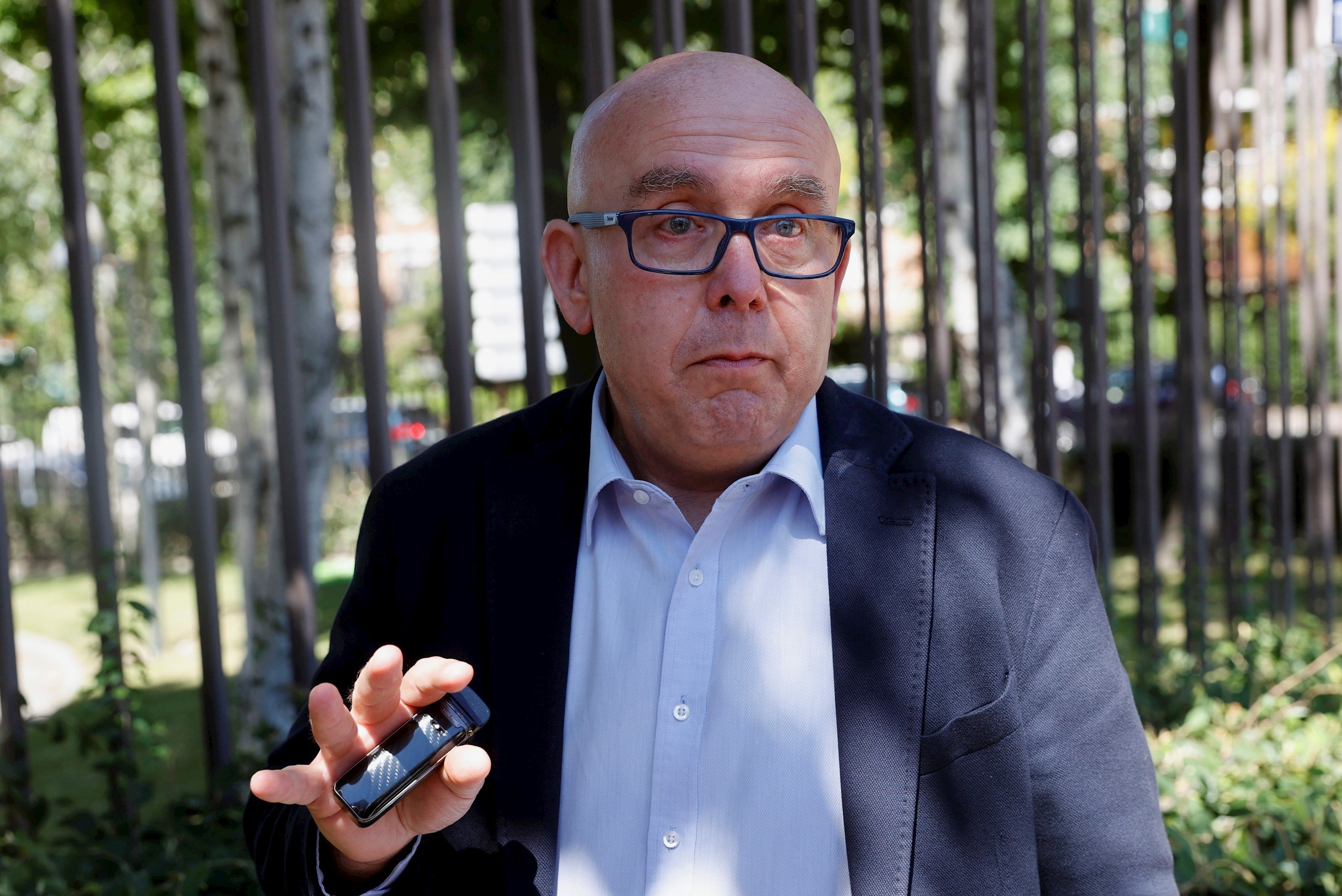The ongoing clashes between Spanish Supreme Court judge Pablo Llarena and lawyer Gonzalo Boye are not limited to the cases of the exiled pro-independence leaders whose defences are in the hands of the lawyer. Boye has now also collided head-on with the Catalan independence case's investigating magistrate in the proceedings that judge María Tardón is conducting against the defence lawyer himself for alleged money laundering. Boye has tried to recuse Llarena, but the Supreme Court turned down the request.
Tardón is prosecuting Boye for alleged money laundering in a case against the drug trafficker Sito Miñanco, but the lawyer has countered by presenting a complaint, supported by 44 other lawyers, against the judge, whom he accuses of abuse of office and the cover-up of a murder. And here Llarena appears again, because he is part of the Supreme Court chamber that is due to hear this complaint.
Tardón and Llarena
Boye tried to challenge Llarena's presence in this hearing, arguing that he has a case pending against the Spanish judge in Belgium, in relation to his pursuit of Catalan pro-independence politicians in exile, and that this led to a suit by a group of lawyers also against Llarena in the National Audience court. Indeed, this case against Llarena was ruled as inadmissible by judge Tardón.
However, despite the lawyer's argument, the Supreme Court decided yesterday not to admit the recusal. "The recusal is based on references to cases which are brought up arbitrarily and manifestly without foundation, so they can be discarded," the Supreme Court said in an interlocutory statement arguing that "the relationship with Mr Boye is limited to his professional intervention in previous processes".
Witness's "deep aversion" to Boye
Also as part of the case that the judge is conducting against Boye for money laundering, the lawyer's defence team has filed a claim for the verification of a conversation contained in the evidence of the case in which it is evident that the witness who implicated Boye in the alleged money laundering, Manuel González Rubio, shows clear animosity against him.
The reason is González Rubio's opposition to the Catalan independence movement, in whose defence Boye has often spoken publicly. This witness modified his initial statement to implicate the lawyer. In the evidence presented to the court, Boye's defence lawyer asserts that González Rubio was encouraged to incriminate Boye for money laundering not only to get out of prison but also due to this "deep aversion."
In the conversation, which is transcribed in the case documentation, the witness considers that the Civil Guard should have bussed independence supporters to the Monegros, a desert region in Aragon. "And out they go," he concluded.
In the main image, lawyer Gonzalo Boye in an archive shot / Efe photograph

